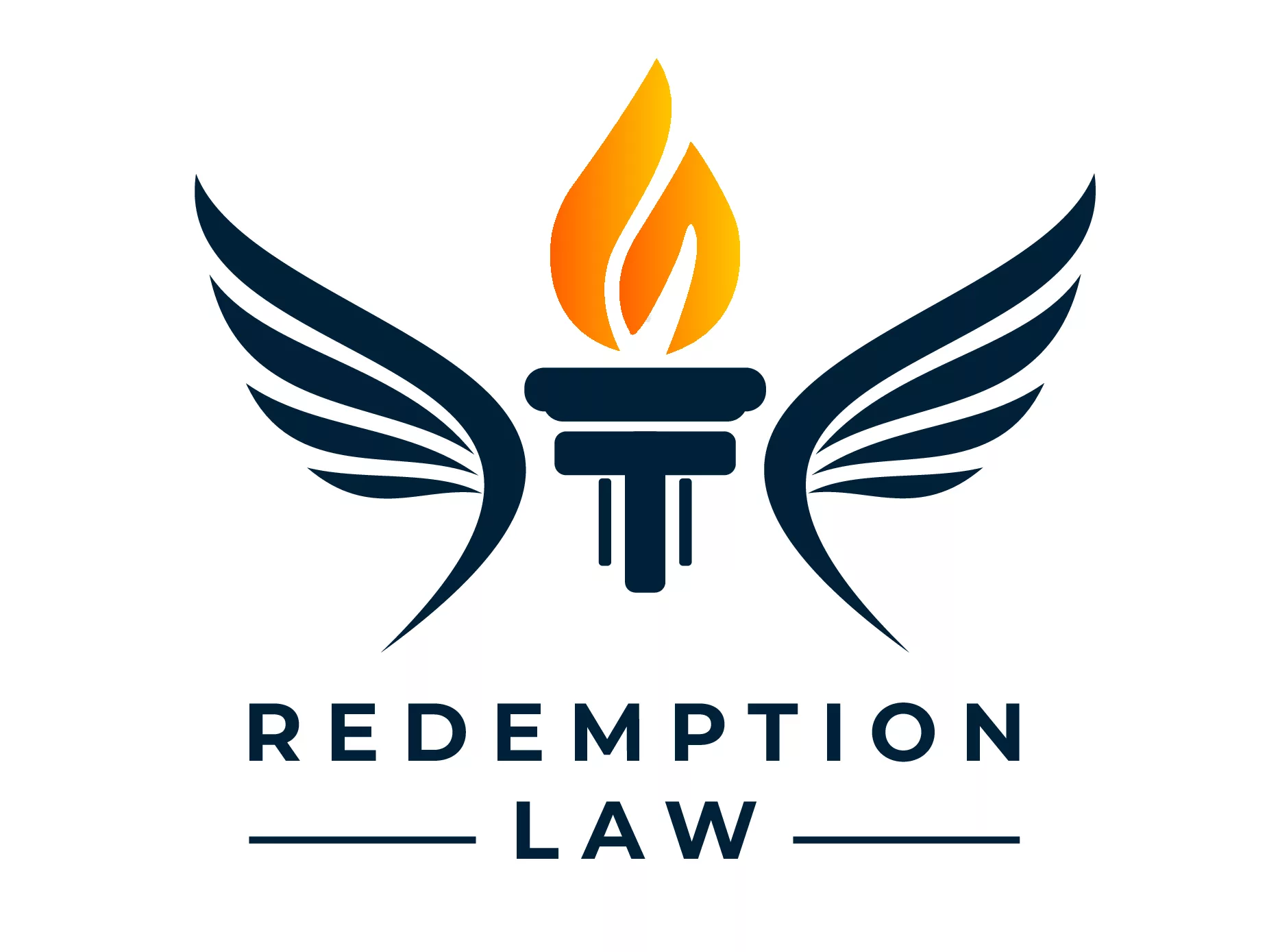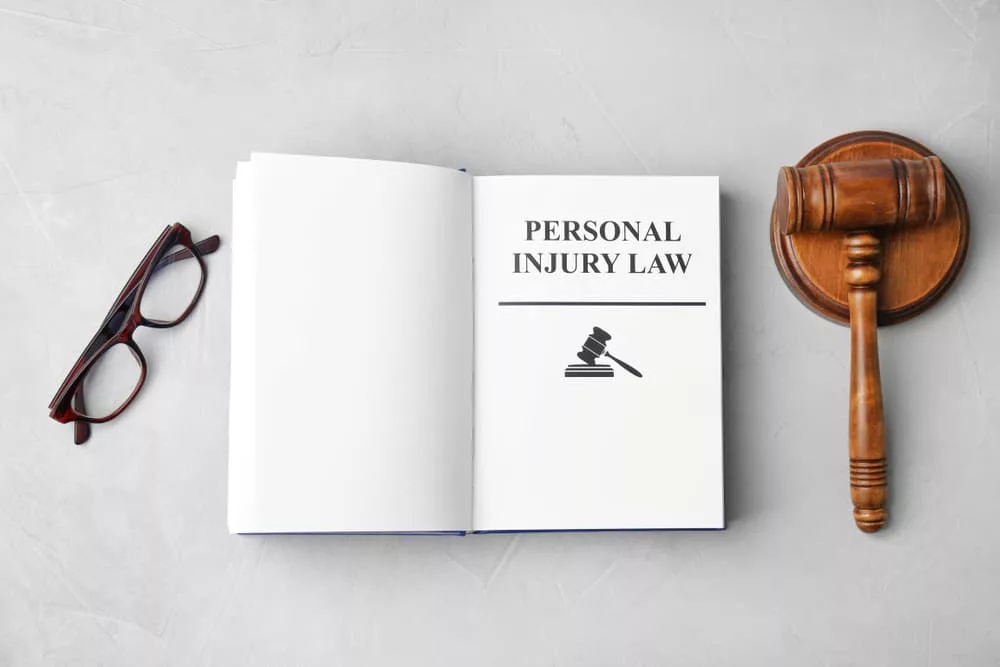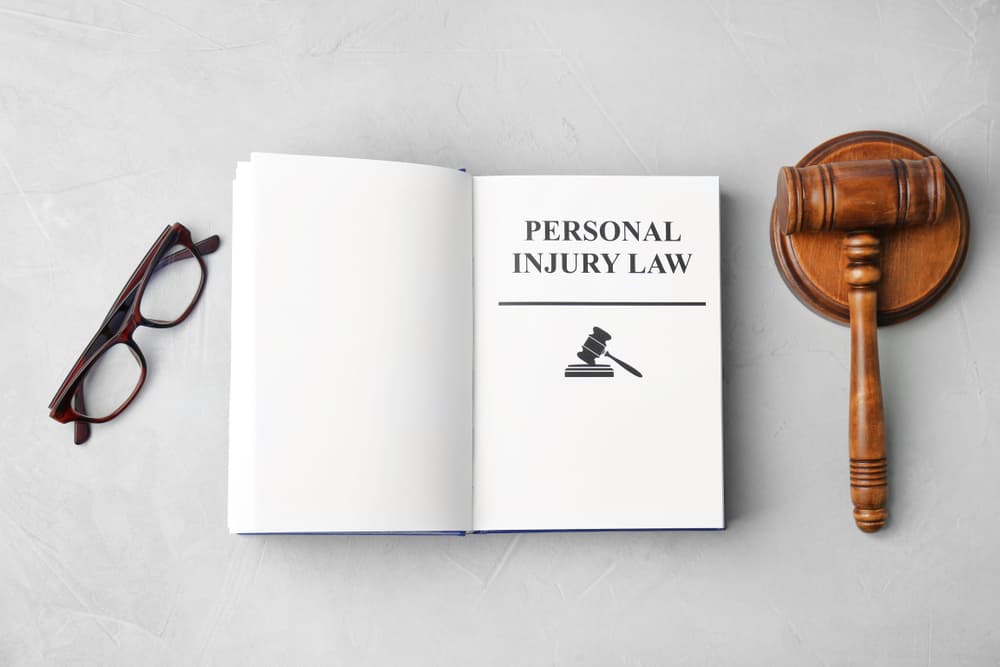When someone sustains injuries in an accident that another party’s negligence caused, they are eligible to seek compensation for the financial and psychological consequences through a personal injury claim or—if necessary—a personal injury lawsuit.
If you’re a victim of personal injury, knowing your odds ahead of time can make your decision to pursue legal action less daunting. Experienced Miami auto accident lawyers dedicated to your case. Reach out for a free consultation and personalized legal assistance in seeking compensation.
Understanding Personal Injury Lawsuits
Personal injury lawsuits refer to legal disputes resulting from an accident or injury that was someone else’s fault. Several types of accidents can result in a personal injury lawsuit, including traffic accidents and slip and fall cases.
The American Bar Association explains that most personal injury claims arise from the negligence of the at-fault party. Negligence is careless behavior that results in harm to others. Intentional acts and strict liability, however, can also lead to a personal injury lawsuit.
Before filing a lawsuit, an experienced personal injury lawyer can file a claim on your behalf against the relevant liability insurance policy of the person or entity that caused your injury. When the insurance company receives the claim, they will assign a claims adjuster to evaluate it and make decisions on behalf of the insurance provider and their insured.
These decisions include whether the policy extends coverage for this type of liability; whether the insured was, in fact, liable; and how much compensation the company must pay as a result of their insured’s liability.
After the claims adjuster has completed their evaluation, they can decide to:
- Accept the liability of their insured and pay the stated value of the claim.
- Deny the claim due to reasons such as disputed liability or lack of coverage available for the claim due to the insured’s failure to pay their premium. If the claims adjuster denies the claim, they must provide the claimant and their attorney with a written notice that includes a reason for the denial.
- Offer to settle the claim out of court for less than its established value in exchange for the claimant waiving their right to seek further compensation.
Insurance companies most commonly choose to settle claims if the liability of their insured is evident.
Settlements benefit both parties to the claim, as litigation is expensive, time-consuming, and open to the public. Settlements, on the other hand, provide each party with some sense of control over the outcome and are typically much quicker than litigation. You may file a lawsuit, however, if the insurance company fails to pay the claim in full or offer a fair settlement.
Factors That Influence the Outcome of a Personal Injury Lawsuit
Numerous factors can influence the outcome of a personal injury lawsuit, not least of which is the statute of limitations. Cornell University’s Legal Information Institute explains that the statute of limitations is a law that bars an individual from filing a lawsuit after a specified amount of time passes.
Each state sets its own personal injury statute of limitations, and most feature a deadline of one to five years after the date the injury occurred. Failing to meet this deadline prevents the claimant from filing a lawsuit and releases the insurer from the obligation to resolve the claim, meaning a settlement is unlikely. An experienced personal injury lawyer will manage the timeline of your claim to ensure your right to file a personal injury lawsuit.
The quality of the evidence you present can significantly tip the scales in your favor. According to Investopedia, most civil matters, such as personal injury lawsuits, require the claimant to prove through a preponderance of the evidence that the accident that caused their injury was the defendant’s fault.
The types of evidence that can satisfy this burden of proof include police or other official accident reports, photographs or video of the accident scene or the hazard that resulted in the accident, eyewitness testimonies, and even the testimony of medical providers or accident reconstructionists who can add professional insight to the matter.
The severity of your injury also plays a crucial role, as this could determine the amount of compensation. More severe injuries commonly result in higher medical expenses, a longer recovery period, and—in some cases—permanent disabilities that will make it difficult for you to earn an income.
The credibility of the plaintiff and defendant can also influence the outcome of a personal injury lawsuit, as this can sway the jury’s perspective. The competency of the legal representation is another critical factor—your lawyer’s skills and experience can significantly affect the case outcome.
Statistics on Personal Injury Lawsuits
Black’s Law Dictionary states that about 95 percent of personal injury cases settle before trial. Of the remaining 5 percent that go to trial, the plaintiff wins 90 percent of the time. These statistics can vary depending on the specifics of a case, including the nature and severity of the injuries, the quality of representation, and the strength of the evidence.
While most cases settle out of court when an insurance provider disputes liability or refuses to make an offer that fairly compensates the claim, litigation provides the ability to have a judge or jury hear the specifics of a case and determine whether there is proof of liability and how much compensation, if any, the claimant should receive.
A study by the U.S. Department of Justice’s Bureau of Justice Statistics notes that a jury decides around 70 percent of personal injury trials, and 5 percent of plaintiffs in civil tort trials receive punitive damages. Punitive damages are an additional amount of compensation that a judge or jury can order as a financial punishment for particularly reckless behavior on behalf of the defendant.
To prove that the negligence of another person or entity caused your accident, your lawyer will gather evidence that satisfies the elements of liability.
These elements include:
- Duty: The at-fault party had a legal duty in a given set of circumstances to take reasonable actions to avoid causing harm to others. A driver operating a motor vehicle on a public road, for example, has the duty to ensure they adequately maintain and insure the vehicle and drive it safely, following local and state traffic laws.
- Breach: The at-fault party took actions that were contrary to their duty to avoid causing harm. Using the car accident scenario, common breaches in the driver’s duty include failing to maintain the vehicle, driving while impaired or distracted driving, speeding, and failing to yield the right-of-way.
- Cause: The final element requires evidence showing that the at-fault party’s breach of their duty of care directly resulted in the accident in which the plaintiff suffered harm.
While most claims resolve through a negotiated settlement, your legal team will gather all evidence that can help them prove the elements of liability in the claims process as well as the court process if this becomes necessary.
Steps To Increase the Chances of Winning a Personal Injury Lawsuit
To increase your likelihood of a successful outcome, hire a competent lawyer with proven experience in personal injury law. Many people worry about how to afford the services of an experienced personal injury lawyer, but there is no need to. The contingent fee billing method that most personal injury lawyers use ensures that their services are affordable to anyone who needs them.
According to the American Bar Association, a contingent fee—or contingency fee—means you only pay your lawyer’s fees if there is a successful outcome to your claim.
Personal injury lawyers also commonly offer free case evaluations, which are an opportunity for you to share the details of your case with a lawyer, get answers to your legal questions, learn more about how the attorney and firm handle cases, and decide if you want them to deal with yours.
If you decide you want to hire a personal injury lawyer, you will have to sign a contingent fee agreement. This outlines the services the firm will provide for you and designates a percentage of the overall compensation you receive from your claim or a court verdict as a payment to your attorney.
Your legal team will work on gathering strong and admissible evidence that supports your claim. While you can receive a settlement offer at any point during the claims process—even after filing a lawsuit and beginning a trial—after filing a lawsuit, your lawyer will also prepare your case for trial and participate in pre-trial activities, including deposing witnesses, filing and responding to motions, and selecting a jury.
Common Mistakes in Personal Injury Lawsuits
A common mistake to avoid includes failing to seek immediate medical attention, which could indicate that your injuries are not severe. Obtaining a prompt medical evaluation begins the important paper trail that links your injury to the accident.
Your legal team will gather documentation from your healthcare providers to value your claim. Lawyers also often have a network of medical professionals they can turn to for assistance when explaining to a jury how the injury is likely to affect you in the future.
Another mistake personal injury claimants sometimes make involves failing to comply with their doctor’s treatment plan. Just as waiting to seek medical treatment indicates that an injury might not be severe, not complying with treatment shows that a claimant is not taking their health seriously, which could lead to a reduction in the settlement offer.
Attempting to navigate the personal injury claims process on your own is another common mistake. These types of claims require a lot of evidence and documentation. An attorney has a legal team to help them gather evidence and documentation and the education and experience to know what types of evidence are the strongest and how to obtain them.
The insurance company will want to pay far less than the value of your claim. If you aren’t sure about the valuation process, you could wind up with uncompensated expenses. When individuals attempt to negotiate with insurance claims adjusters without an attorney, they commonly find themselves under pressure to accept a low settlement or divulge information that the company can use to devalue or even eliminate the claim.
Accepting a settlement without understanding your claim’s valuation can be disastrous. Once the court accepts a settlement agreement, you will no longer have the opportunity to seek compensation if you discover you should have asked for more. If the insurer fails to compensate the claim and you file a lawsuit, you will be going up against the defendant’s attorney and will need to honor court formalities and be familiar with the process.
Learn More About the Personal Injury Claims Process

Various factors affect your chances of winning a personal injury lawsuit, including your ability to file the case within the statute of limitations, the strength of your evidence, and the competency of your legal representation.
Potential plaintiffs should hire a skilled Miami personal injury lawyer before proceeding with a lawsuit to ensure they properly understand the process and their chances of success. Remember, you can speak with an attorney without any cost or obligation during a free case evaluation.
Related articles
Related articles Related articles Related articles Related articles Related articles Related articles Related articles Related articles Related articles Related articles
Personal Injury
02 Feb 2024
How Long After An Accident Can You Claim Injury?






